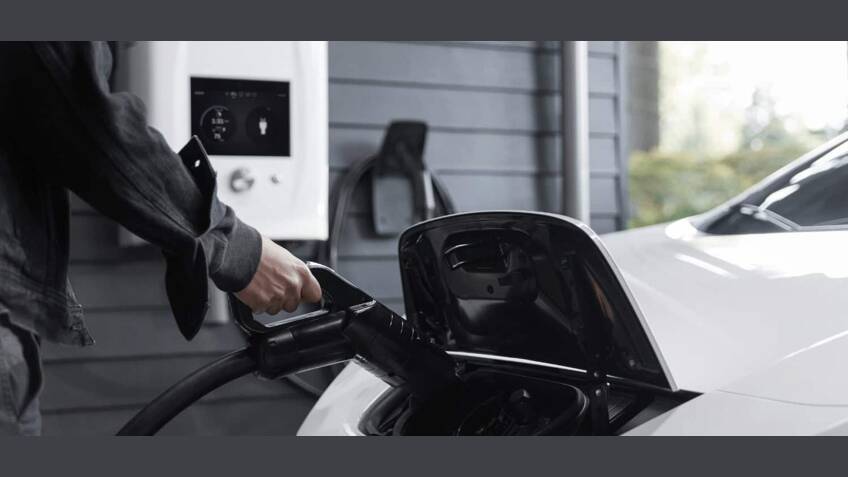Register for free and continue reading
Join our growing army of changemakers and get unlimited access to our premium content

A new process could make it cost-effective to recycle graphite from used lithium-ion batteries
Spotted: The popularity of electric vehicles (EVs) is growing explosively – with sales expected to grow at a 30 per cent compound annual rate through 2030, and likely beyond. At the same time, however, the pile of spent lithium-ion (li-ion) batteries used to power EVs is also growing.
Although li-ion batteries can be recycled to recover the valuable minerals, very little recycling actually takes place. It is estimated that less than 5 per cent of the batteries are ever recycled. Now, engineered materials company Ascend Element and flouroproducts producer Koura have developed a process that could change these dismal recycling rates for the better.
One key component of li-ion batteries is graphite, which is used as the primary material the batteries’ anode. The new process, called Hydro-to-Anode, is able to recover 99.9 percent pure graphite from the used batteries – a purity that is on par with virgin graphite used in the batteries’ manufacture. This mean the recovered graphite can be plugged straight into the new battery manufacturing process without expensive additional treatment — dramatically increases the value of every lithium-ion battery recycled.
Michael O’Kronley, Chief Executive Officer of Ascend Elements points out that, “With this advancement, we just made the case for battery recycling a lot more compelling. Increasing the value of the extracted materials improves the economics of recycling, which creates an incentive for even more recycling. The ability to recover graphite for use in batteries helps solve another critical material challenge in the battery supply chain and minimizes the need for mining new materials.”
As li-ion batteries become more ubiquitous, there is a new urgency in finding ways to recycle the materials they contain. A number of researchers are working to make recycling processes efficient enough to compete with the cost of virgin ores. Springwise has already covered one process that maintains the purity of the metals in the batteries and another for producing lithium from granite.
